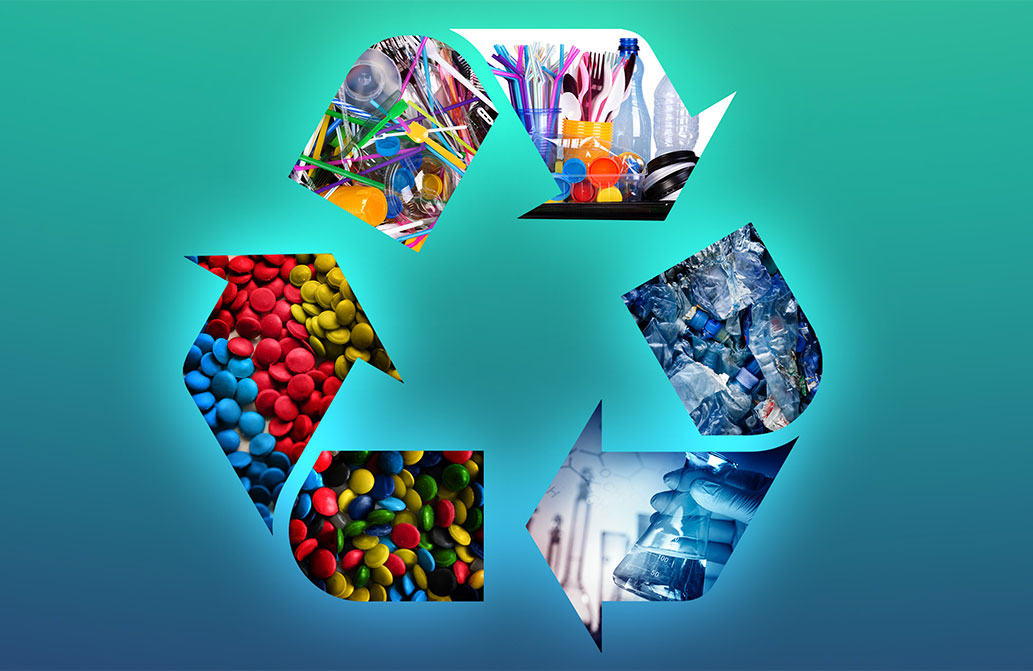
A sustainable society, the renunciation of fossil raw materials, climate-neutral processes – the chemical industry has also committed itself to these goals. This represents a huge challenge for the industry over the coming years and decades. This structural change can succeed if all activities – from the raw material base to material flows and process engineering through to the end of a product’s life cycle – are geared towards the goal of sustainable value creation. The key to this is innovation.
The Fraunhofer lighthouse project “Waste4Future” is making a decisive contribution to this transformation to Chemistry 4.0. Seven institutes of the Fraunhofer-Gesellschaft are pooling their expertise to increase energy and resource efficiency in the use of plastics in particular. The lighthouse project will create new opportunities for recycling, from which high-quality raw materials are produced. The resulting solutions should make it possible to recycle the carbon contained in the plastic. Instead of contributing to global warming in the form of CO2 or polluting the environment as plastic waste, it will be available as a “green” resource for the chemical industry.
“Waste4Future” thus paves the way for a circular carbon economy in which valuable new base molecules are obtained from plastic waste and emissions are largely avoided: Today’s waste becomes tomorrow’s resource and at the same time reduces industry's dependence on imported primary carbon resources such as crude oil and natural gas.
As part of “Waste4Future”, Fraunhofer IKTS is developing processes and technologies for key areas of pyrolysis and gasification technologies on a pilot plant and pilot scale for the material utilization of plastic fractions that are not recyclable or residual materials from sorting. Based on an intelligent control system, these processes are analyzed and evaluated with regard to the potential of selected input materials for chemical recycling.
Focal points
- Process and technology development of pyrolysis and gasification technologies
- Upscaling and pilot-scale trials for the utilization of plastic fractions that cannot be recycled using material recovery processes
- Energy and mass balances and detailed analysis of gaseous, liquid and solid products using instrumental analytical methods
- Process modeling of chemical recycling for implementation in the assessment model
- Novel compatibilizers through direct synthesis with CO2 and evaluation of the improvement in properties depending on various structural parameters of the phase mediators